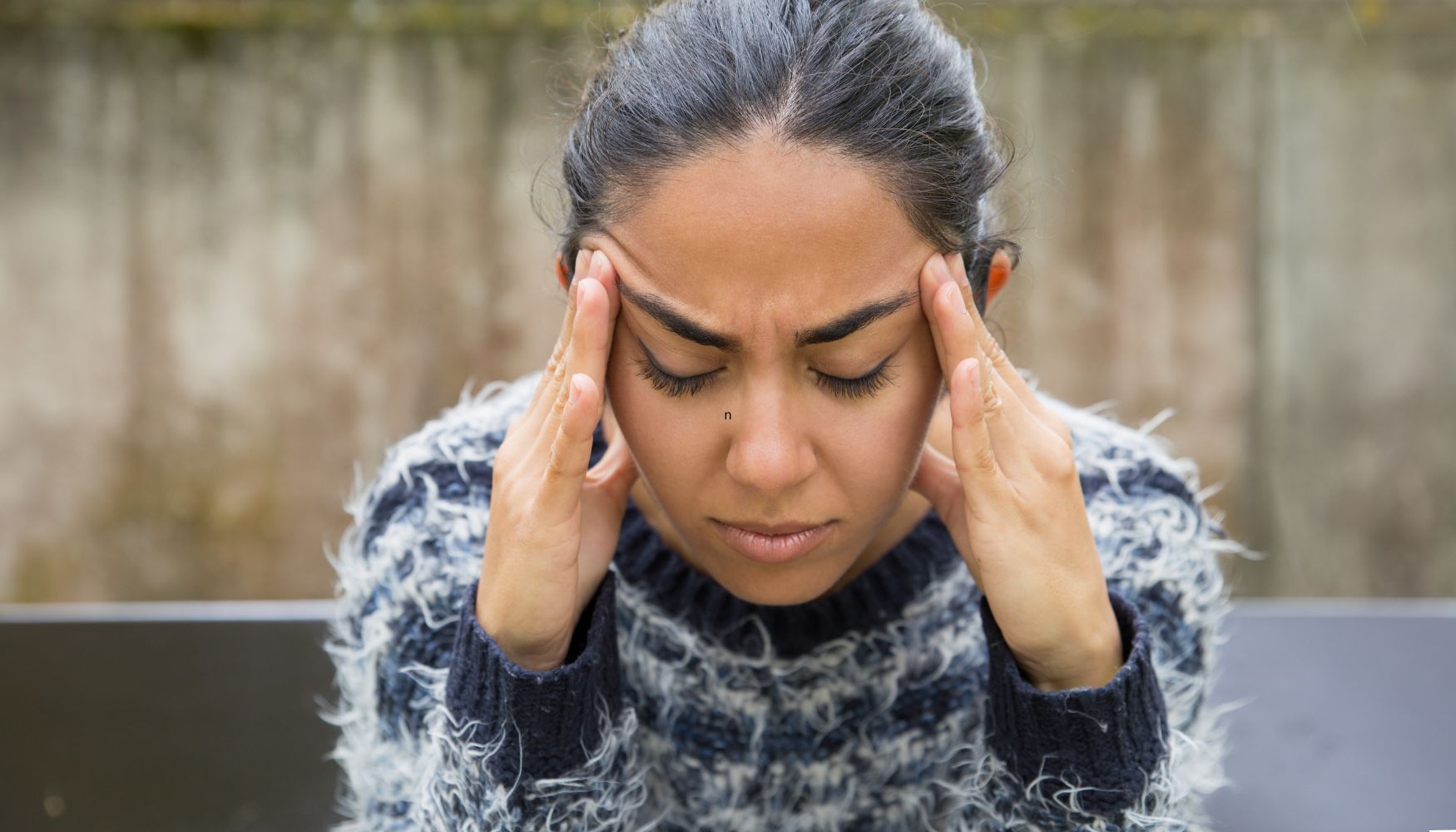Wellness In, Toxins Out: 8 Signs That Your Body Is Detoxing

Did you wake up this morning exhausted and suffering from a headache, and wonder, “Am I already detoxing? How can I tell?”. You’re not alone. Many people share these same questions when they begin their journey away from alcohol or substance use.
The good news is, knowing the signs and how to support your body through the process can make you feel more confident and prepared to handle the challenges ahead.
In this article, we’ll cover common signs of detoxing and practical ways to support your body and mind as you move toward a healthier, substance-free life.
Table of Contents
- What Is a Detox as It Relates to Substance Use?
- What Are the Signs That Your Body Is Detoxing? 8 Symptoms You Might Experience
- Supporting Your Body Through the Detoxification Process
- Symptoms Your Body Is Detoxing: FAQs Answered
- Detox From Substance Use With the Help of Professionals — Let Dove Recovery Help You on Your Road to Sobriety
A person struggling with addiction who chooses to take the next step toward a substance-free life will often need to begin with a detox. Their body has become dependent on a substance, and detox is the process of clearing that substance out and allowing the body to start functioning and regulating itself, without the influence of drugs or alcohol.
Why Does the Body Detox?
The body undergoes detoxification when it is working to eliminate harmful toxins and metabolic waste. The main organs involved in detoxification are the liver, kidneys, lungs, skin, and intestines, as they all play a role in filtering and removing toxins from the body.
The body’s built-in detox system, primarily the liver, works continuously to neutralize and remove internal and external toxins that are encountered in everyday life. Sometimes, people who choose to engage in detox programs to support their body through its detoxification.
Anyone seeking to overcome a substance use disorder must first allow their body to fully detox and eliminate the substance.
How Do You Know When Your Body Is Detoxing?
Experiencing emotional and physical symptoms signals that your body is going through the process of healing from substance abuse. The way the body detoxes is unique to each individual, influenced by their health, the substance used, and the duration of use.
The symptoms that come with detoxification from substances can be difficult to face alone. At Dove Recovery, our team delivers compassionate, professional support with the experience needed to help you through the detoxification process.
Contact our team, and we’ll help with any questions and guide you through admissions to ensure you get the support you need.

#1: Increased Urine and Sweating
When your body is going through detox, the kidneys will work harder to expel the toxins through more frequent urination in order to flush out the substances and their byproducts.
As the body’s largest organ, the skin also plays a role in detoxification, increasing sweat production to help remove toxins.
If you are experiencing an increase in urination and sweat, this means that your body is doing its job and getting rid of the unwanted toxins to restore balance to your body.
#2: Headaches and Fatigue
During detoxification, the body’s efforts to eliminate toxins can cause headaches and exhaustion. To help your body heal and manage your symptoms, drink water, rest, and eat nutritious meals to fuel your body during recovery.
#3: Muscle Aches and Pains
During a target sampling, 85% of participants reported opioid withdrawal symptoms, including muscle aches and pains, and of those, 57% said that they experienced extremely painful symptoms. As the amount of substance decreases in your system, your body responds with aches and pains as it attempts to adjust without the substance’s chemical effects.
#4: Changes in Mood
Mood changes may occur as your brain and body begin to adjust to toxins leaving the body and the loss of dependence on the substance of use. Mood swings are more prevalent at the beginning stages of withdrawal.
Factors that may contribute to mood swings include:
- Imbalanced chemicals in the brain
- Activation of your body’s stress system
- Emotions such as fear and uncertainty about recovering from substance abuse
- Physical discomfort or pain due to withdrawal symptoms
#5: Nausea, Vomiting, and Diarrhea
Nausea, vomiting, and diarrhea are common detox flu symptoms that accompany withdrawal. Symptoms are usually most intense during the acute phase, typically days one through three. By days four to seven, physical symptoms often begin to lessen, and appetite may start to return to normal.
#6: Increased Thirst
You may find yourself drinking more water as your body begins to flush out the toxins. Having an increase in thirst is a good indicator that your body is working to detoxify. Drinking more water may also help curb cravings and manage symptoms.
#7: Hallucinations
Hallucinations, such as delirium tremens, are not very common among withdrawal symptoms. Typically, they occur more in cases of severe withdrawal and may occur within 12 to 48 hours, lasting up to a week, depending on severity.
#8: Seizures
Your body’s response to the sudden lack of substance may result in seizures. Your brain may struggle to adjust after losing the substances it has become dependent on. Controlled studies show that 11% to 33% of patients experienced alcohol withdrawal seizures.
It’s important to go through the detox process under the care of professionals who are experienced and equipped to handle medical situations, such as seizures, during detoxification. Dove Recovery’s detox and management program is designed to help each individual through their detox journey with medical assistance, medication to reduce or avoid withdrawal symptoms, and compassionate care.

Understanding how to support your body through the detox process is essential to help minimize discomfort and promote overall well-being.
You can help your body through detox by:
- Staying hydrated
- Eating well
- Getting proper rest
- Exercising or getting daily movement in
- Practicing self-care
Finding guidance in a detox and therapy program can help you understand what physical and emotional support you may need.
How Long Does It Take to Truly Detox Your Body?
Several factors influence how long it takes your body to fully detox from substances. The process may last from a few days to several weeks or even months, depending on individual variables.
Factors that may affect detox length may include:
- Which substance was used
- If multiple substances were used
- The frequency of use
- The amount used
- Current health
- Medical history
Does Your Body Smell When You Detox?
Yes, it's a common effect that happens as your body increases sweat production and releases toxins through your skin. This can result in an unpleasant body odor.
How Long Do Detox Symptoms Usually Last?
Detox symptoms typically begin quickly and may last 3 to 10 days, but for some, they can persist longer.

Detoxing can be challenging, but with professional support, it can be navigated with greater confidence. Dove Recovery is here to support you through your recovery from substance abuse. Our personalized levels of care and treatment options are designed to give you the most effective support, helping you build a stronger foundation for a substance-free life.
Detox programs specifically designed for several substance abuse disorders, including:
If you or a loved one is struggling with substance abuse, reach out today to learn more about our recovery programs and begin the road to recovery.

